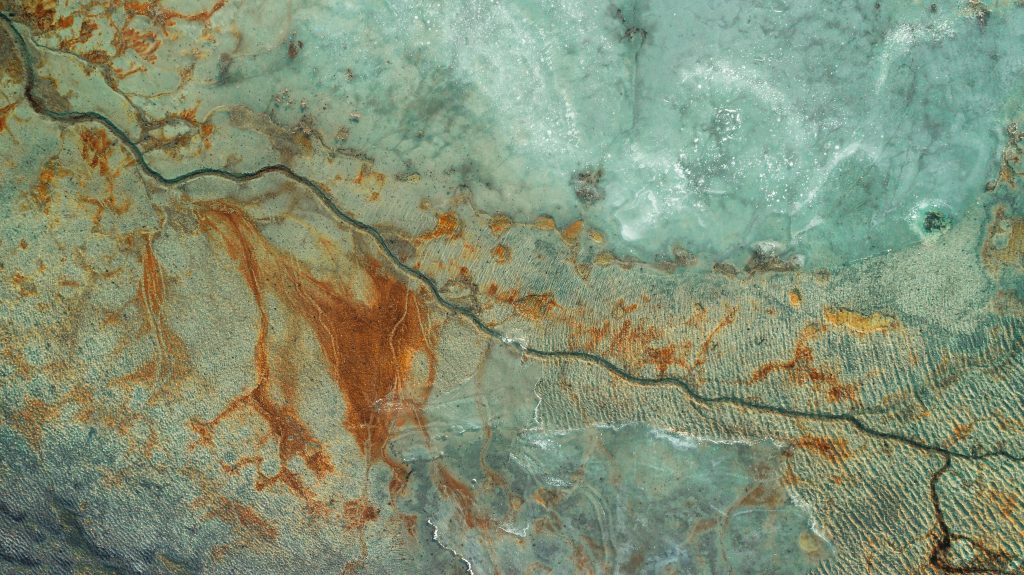
February 12, 2026

Jonas Niklewski, visiting researcher at InnoRenew CoE; Main area(s) of research/activities: structural engineering
I was born and raised in southern Sweden and did my PhD about 10 km from where I graduated kindergarten about 25 years earlier. Now I am enjoying life in Piran with my wife and daughter.
I have a master’s degree in structural engineering. I have always been fascinated by how buildings usually do not just collapse under their own weight. It turns out there is a lot of math and engineering involved, which is fascinating in a different way.
If you show me your newly built timber deck, then I can point out all the design flaws and tell you why it will deteriorate earlier than necessary. If you give me some more funding, then I can tell you exactly how long it will last!
There is no such thing as a typical working day, but every day starts with a cup of coffee, deleting most of my unread mails (please fix the spam filter) and tending to any urgent administrative matter. The rest of the day is spent writing, coding, measuring, and/or modelling things. Sometimes I have teaching duties, and then students take priority since they tend to complain the loudest.
I spend most of my time frustrated that things (measurements, modelling) do not behave as expected. Frustration turns into excitement when the results finally look promising. Usually, this is followed by more frustration when I discover the hidden error responsible for the initial appearance of success. The cycle continues.
The biggest challenge is probably to maintain full focus on the things that are important: research and teaching. It is easy to get distracted by excessive administrative work and spend all day in meetings. I have found that this is much easier when you are 1000 km from your regular office.
Claude-Louis Navier. He was a brilliant researcher who applied theory to bridge design and failed miserably. Besides his lasting contribution to the field of structural engineering, he has demonstrated why safety margins are important.
Being the father of a toddler, the works of art I am currently enjoying are rather basic. Visualization of data holds a special place in my heart, but I am not aware of any books for children on this topic.
Right now, my daughter and I are enjoying the adventures of Pippi Longstocking through books, movies, and the series. I’ve recently read “The Visual Display of Quantitative Information” by Edward Tufte and the dystopian “Nineteen Eighty-Four” by George Orwell.
After having zoomed my way through 1000 km of aging German Autobahn, my first impression was that Slovenia seems to take good care of its road network.
Kind people, beautiful landscape, excellent wine, and fresh fish. Of course, I do miss my family and friends and the possibility to use them as babysitters.
I would have to say Piran, although it’s been quite packed with tourists through August. Yes, I am aware that I am part of this problem…
When I wake up at 07:00 and realize that my daughter is still asleep, allowing me to have a relaxing morning coffee in silence.
“When a measure becomes a target, it ceases to be a good measure.” Goodhart’s law explains why some things go haywire in (and outside) of academia. Nowadays I think less of my summary statistics and more about real personal development.
For me, the charm of wood is that it is available to everyone. With just a few simple tools and basic materials, anyone can build things. Meanwhile, the same material can be engineered to perfection, making it useful and safe for more complex projects such as bridges and high-rise buildings.